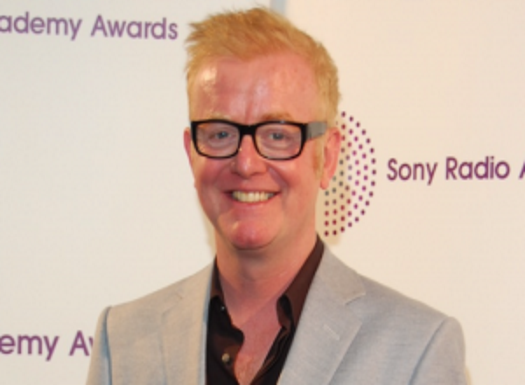Radio Tomorrow with James Cridland
So, Chris Evans, the current presenter of adult-contemporary BBC Radio 2’s breakfast show – the largest breakfast show in Europe, by cume – has announced that he’s leaving the station later this year.
He’s off to Virgin Radio, where he’s going to do the breakfast show.
Side note: it’s the same “Virgin Radio” brand, owned by Virgin Enterprises, but not the same station. The original Virgin Radio was bought (and sold) by Chris Evans himself, but after a few more ownership changes, it was rebranded as Absolute Radio. The Virgin Radio brand is now licensed to News UK, part of Rupert Murdoch’s empire. Evans once described business discussions with Murdoch as “dealing with the devil”.
The current Virgin Radio is a station on DAB Digital Radio, and has no outlet on FM. It broadcasts – in mono – on a transmitter network that only currently covers 77% of households.
It’s a competitive market, too. It’s one of 44 national radio stations in the UK, and typically a radio listener will have a further fifteen or so local radio stations available too on their DAB set – and that’s before the obvious additional choices of Spotify and podcasts.
Virgin Radio has 413,000 weekly listeners (BBC Radio 2 has 14.9m). So, why on earth would Evans make the leap?
It strikes me that there are a few questions here:
- Is radio’s most important weapon the talent? Evans is a known presenter, and will pull in the audience: and this is why he’s been hired by News UK.
- Is music a differentiator any more? Stations can promote their music position as much as they like, but real music fans have Spotify for that, and the rest of us want music that’s okay alongside people we like listening to.
- Do talent these days want more creative freedom? Even during his time at the BBC, Chris Evans has wanted to shape his own destiny – running a passion project, a car festival, alongside his breakfast show (and then a relatively disastrous tenure at reheating Top Gear and TFI Friday). There is much more freedom with a commercial company than a public service broadcaster; and with the internet, much more opportunity still.
- Would Evans have leapt to work at a station called “The Badger” or “Hot 89”? I’d argue that the Virgin brand was fundamental – not just to attract new listeners, but to attract talent, too.
- News UK own a set of local FM radio stations across the UK (which, in total, are available to 6m listeners (and currently reach about 900,000 weekly). Would these be better served by rebroadcasting Virgin Radio, which recent rule changes would allow?
- News UK also own, of course, The Sun and The Times. There are some cross-promotion possibilities here. But how much money is News UK likely to want to invest?
This is real investment in radio – especially digital radio. I hope it works out for everyone concerned.
About The Author
James Cridland, the radio futurologist, is a conference speaker, writer and consultant. He runs the media information website media.info and helps organise the yearly Next Radio conference. He also publishes podnews.net, a daily briefing on podcasting and on-demand, and writes a weekly international radio trends newsletter, at james.crid.land.
Contact James at [email protected] or @jamescridland

